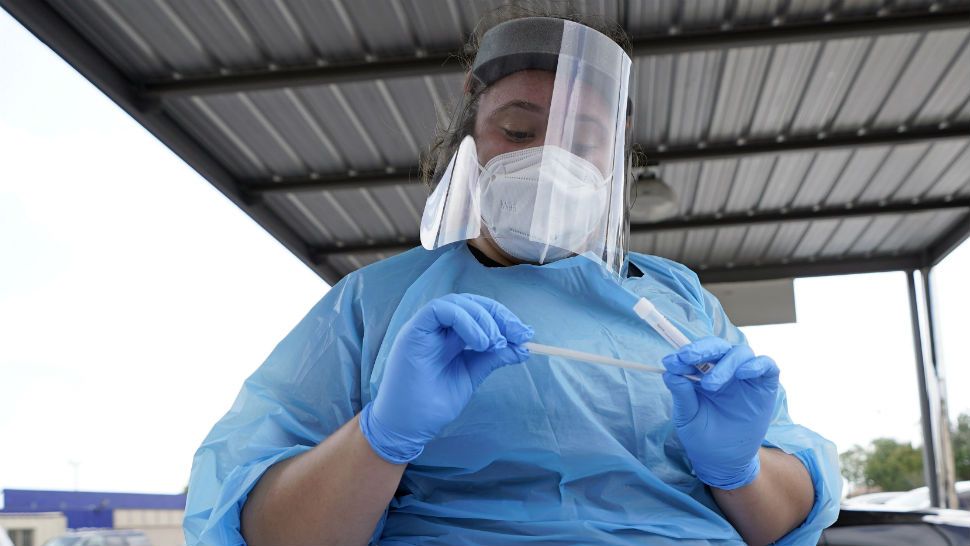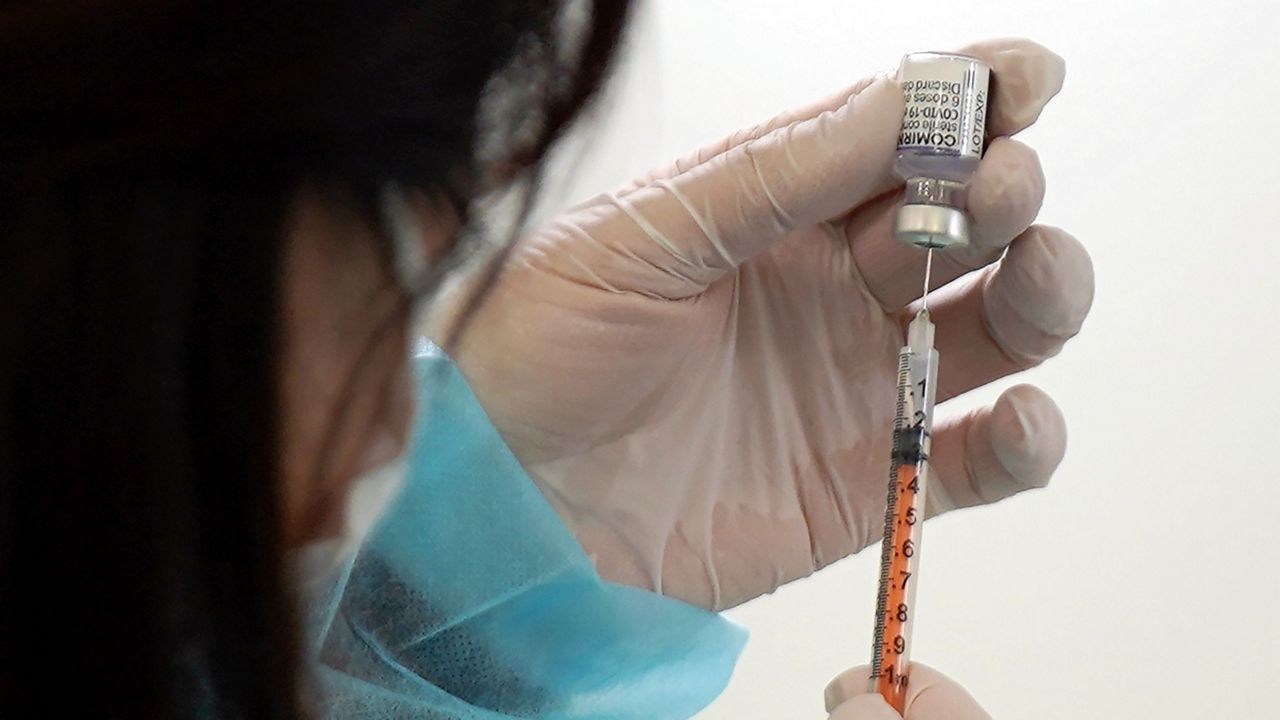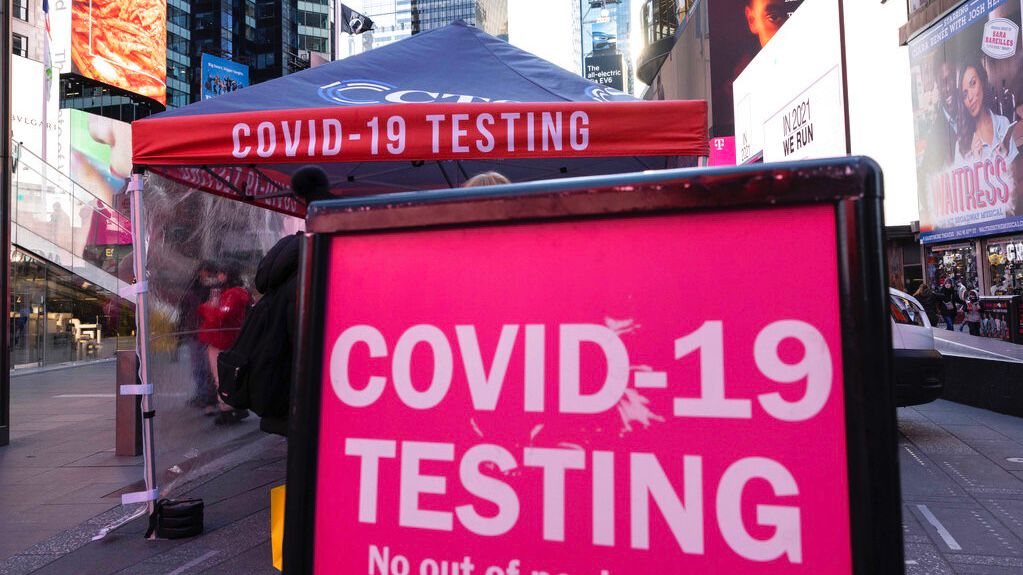STATEWIDE — The total number of coronavirus cases broke the 300,000 mark, according to the Florida Health Department on Wednesday.
What You Need To Know
- CORONAVIRUS LIVE UPDATES: In the Central Florida area | In the Tampa Bay area
- COVID-19 IMPACTS ON: Airports, Transportation Systems | Sports Events and Teams | Attractions | School Districts and Universities | Retailers, Restaurants Adjust Hours
- COMPLETE COVERAGE: Spectrum News | CDC | Florida Department of Health
The total number of cases is at 301,810, the department reported Wednesday. The number of new cases came in at 10,181, with 112 more deaths and 453 hospitalizations.
The department also reported the following daily numbers for these counties on Wednesday:
- Orange County: 532 cases, nine deaths
- Polk County: 325 cases, four deaths
- Volusia County: 192 cases, one death
- Osceola County: 176 cases, 0 deaths
- Marion County: 164 cases, two deaths
- Seminole County: 129 cases, three deaths
- Lake County: 99 cases, 1 death
- Brevard County: 90 cases, six deaths
- Sumter County: 40 cases, 0 deaths
- Flagler County: 28 cases, 1 death
In the Tampa Bay area, an additional 1,592 cases were reported with 26 deaths.
Hillsborough County saw the biggest number of new 1-day cases with 506 (and three deaths). Pinellas County had 363 new cases and 16 deaths. In addition to Polk's four deaths, two deaths were reported in Pasco and one in Citrus.
In related news, the first COVID-19 vaccine tested in the United States revved up people’s immune systems just the way scientists had hoped, researchers reported Tuesday, as the shots are poised to begin key final testing.
The experimental vaccine, developed by Dr. Anthony Fauci’s colleagues at the National Institutes of Health and Moderna Inc., will start its most important step around July 27: A 30,000-person study to prove if the shots really are strong enough to protect against the coronavirus.
But Tuesday, researchers reported anxiously awaited findings from the first 45 volunteers who rolled up their sleeves back in March. Sure enough, the vaccine provided a hoped-for immunity boost.
Those early volunteers developed what are called neutralizing antibodies in their bloodstream — molecules key to blocking infection — at levels comparable to those found in people who survived COVID-19, the research team reported in the New England Journal of Medicine.
“This is an essential building block that is needed to move forward with the trials that could actually determine whether the vaccine does protect against infection,” said Dr. Lisa Jackson of the Kaiser Permanente Washington Research Institute in Seattle, who led the study.
There’s no guarantee, but the government hopes to have results around the end of the year — record-setting speed for developing a vaccine.
The vaccine requires two doses, a month apart.
There were no serious side effects. But more than half the study participants reported flu-like reactions to the shots that aren’t uncommon with other vaccines — fatigue, headache, chills, fever and pain at the injection site. For three participants given the highest dose, those reactions were more severe; that dose isn’t being pursued.
The Associated Press contributed to this story.








